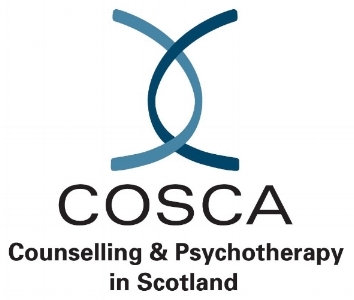Back to blog archive
Is sex causing you distress?
Sex. A powerful life force when we consider our mere existence in this moment because of it and our possible risk of extinction without it. Perhaps because of this, we take it for granted on some level, that sex will always work for us, that our bodies will respond as we need and want them to and whenever. The aftermath of shock, shame and confusion which many experience when their bodies let them down sexually may indicate that we perhaps need to consider more the vulnerability of our sexual responses.
Our sexual responses first develop within our complex biological, psychological and emotional inner world influenced in varying degrees by the cultural and social world we grow up in. What goes on within these worlds for us during this time can predispose us to developing sexual issues there and then or later in life. These same factors continue to influence sex for us throughout our lives, shaping our attitudes, beliefs and attributed meanings to sex and determining what turns us on, what turns us off and how we express ourselves sexually. We don’t exist in a vacuum, and neither does the psychology and physiology of our sexual responses. What’s happening in our lives day to day can play a detrimental influence on our sex lives. It’s perhaps a given that many of us will run into difficulties with sex at some point in our lives, it’s certainly more common than many people think.
Circumstances which may render us vulnerable to developing a sexual issue include, past or ongoing experience of pain during sex, past or ongoing trauma of a physical and or psychological nature, difficult child birth, betrayal of trust, body image issues, infidelity, peri-menopause, menopause, manopause, grieving, illness, depression, anxiety, stress, exhaustion, side effects of medication, a past or current physical health condition, surgery, transgendering, loss, shame around sex, aging, effects of body weight, high alcohol, tobacco or drug use, unidentified and unshared sexual fantasies, relationship issues, fear of pregnancy, pressure for pregnancy, myths and distorted beliefs on sex, lack of understanding on how our mind and bodies function in sex. When we consider all of this, it’s little wonder that at some point or other in life, sexual difficulties will present for any one of us.
At Bright Light, our starting point in the process of sex therapy is a comprehensive gathering of information to help us understand what’s been going on for you, to provide you with a bigger picture, a meaningful context in which this issue can hopefully make more sense to you. Gaining understanding and validation holds huge potential to replace any shame you may be currently harbouring. Whilst we cannot change the past, the potential for change lies in the maintaining factors of the sexual issue in the present. Some issues are caused by health conditions or as a side effect of medications. You may or may not know that right now and if you suspect this to be the case, it is advisable to see your GP to have this checked.
Most sexual issues share a common maintaining factor, anxiety. Perhaps there’s anxiety about loss of desire, difficulty reaching orgasm, achieving or maintaining erection, ejaculating too soon or maybe it takes too long or maybe it’s not happening for you. Anticipatory anxiety around vaginal pain, fear of causing pain. Anxiety about having anxiety! Anxiety for a partner’s anxiety, performance anxiety. The pressure we mount on our genitalia, doesn’t it make sense that our physiological sexual response system checks out on us! We can then become gridlocked into patterns of stuckness, often moving us into a place of avoidance to either discuss the issue or initiate sex because it is such a source of distress.
The treatment model we use works specifically at removing anxiety insofar as possible whilst working collaboratively with the client or couple at their pace of readiness on the presenting issue. It’s important to assert that Sex Therapy is a talking therapy, there are no physical examinations, we leave that to your doctor if we deem that this is required.
In so many cases, professional help is required. Reading this article may indicate to you that you are still harbouring hope, that you haven’t given up just yet and want to find a way through this. Well, here you are, you’ve found yourself in a place where help is available. There is no need to suffer alone in shame, loss, yearning, sadness, disappointment, frustration, anger, fear, anxiety, confusion, shock, trauma. We are here for you because we care and we understand. We are here because we are passionate about helping people to understand better and get to a better place in their sex lives.







